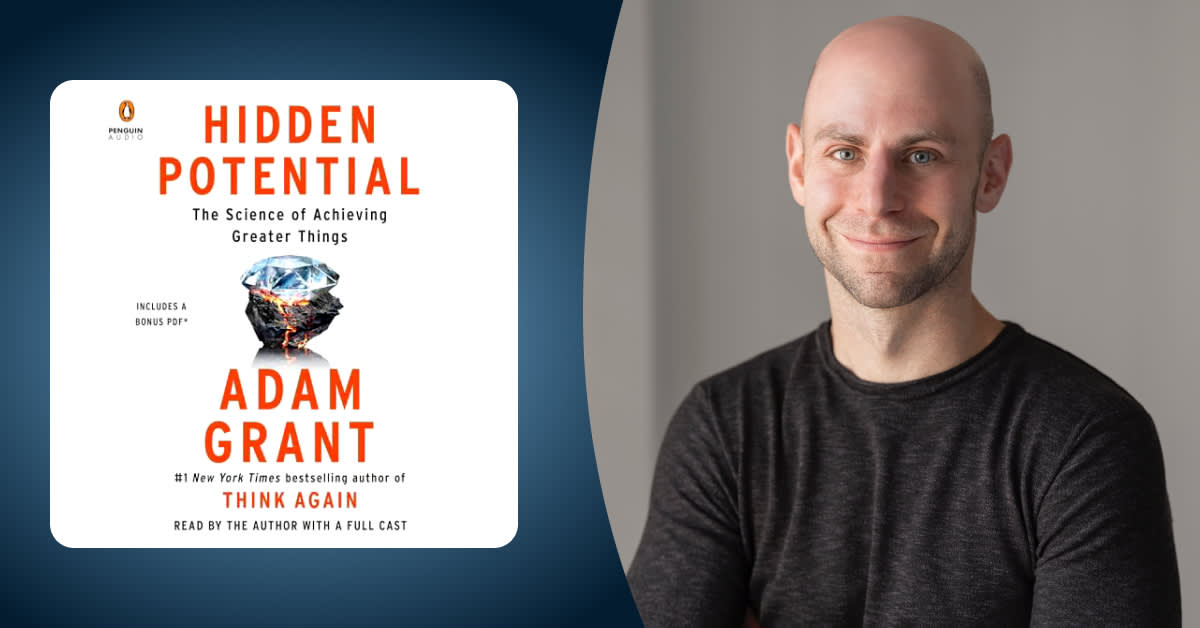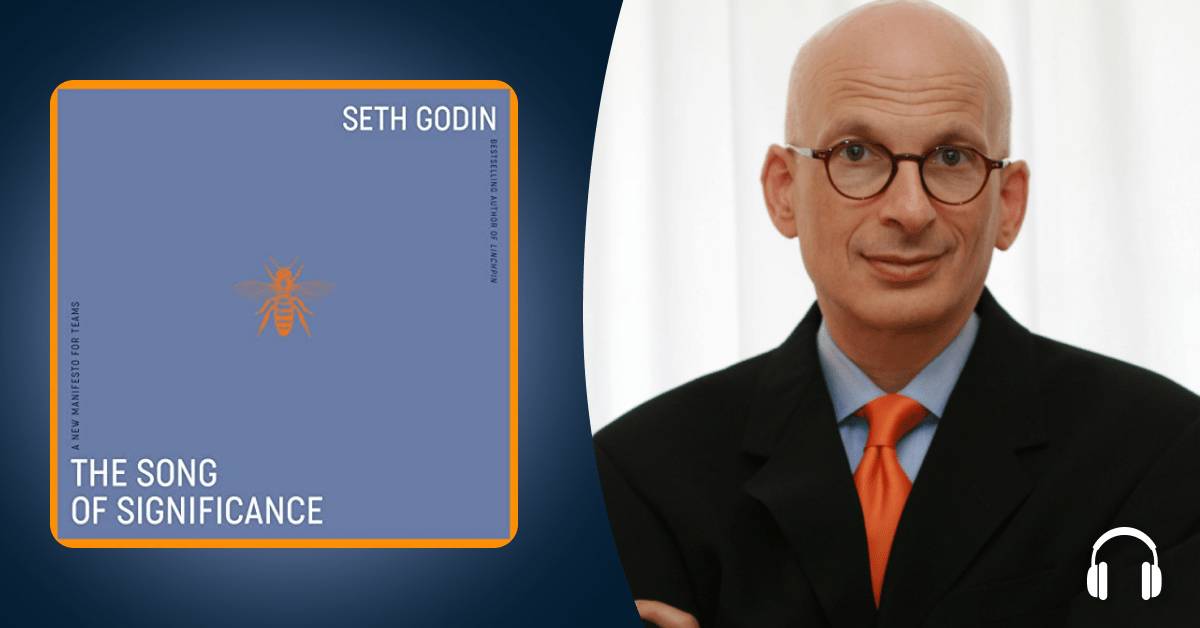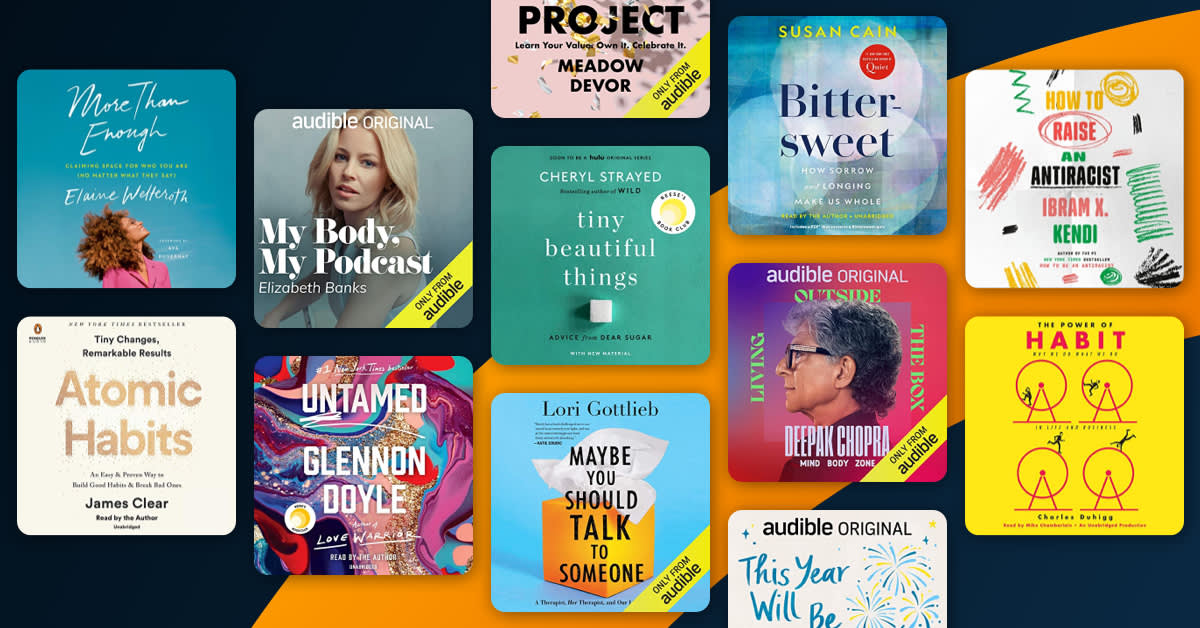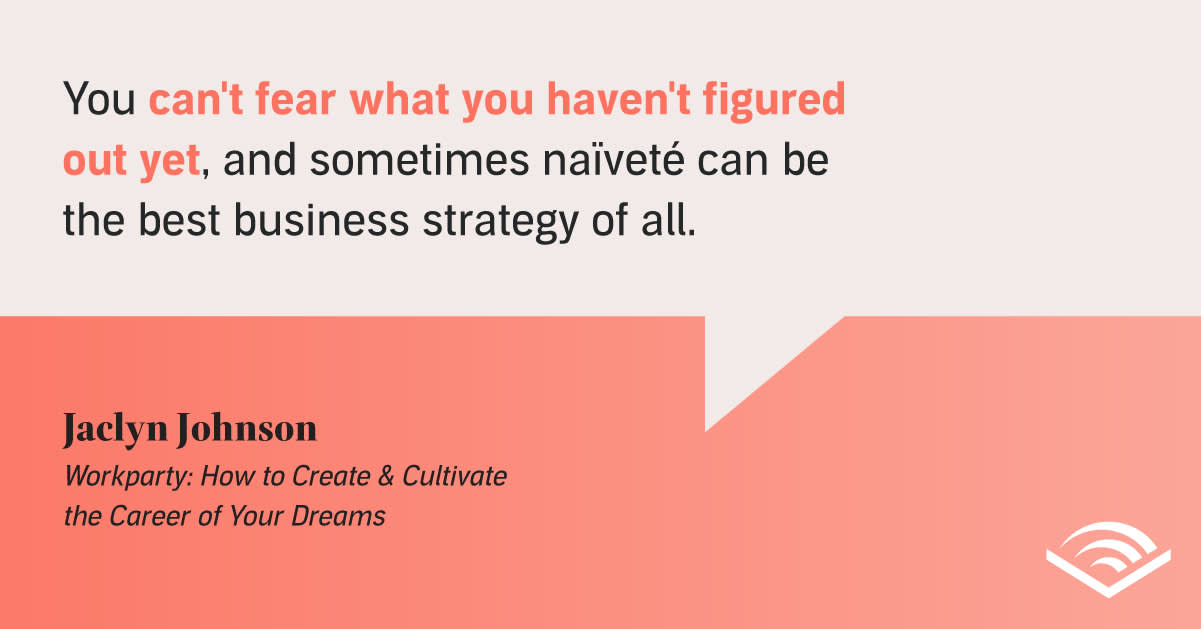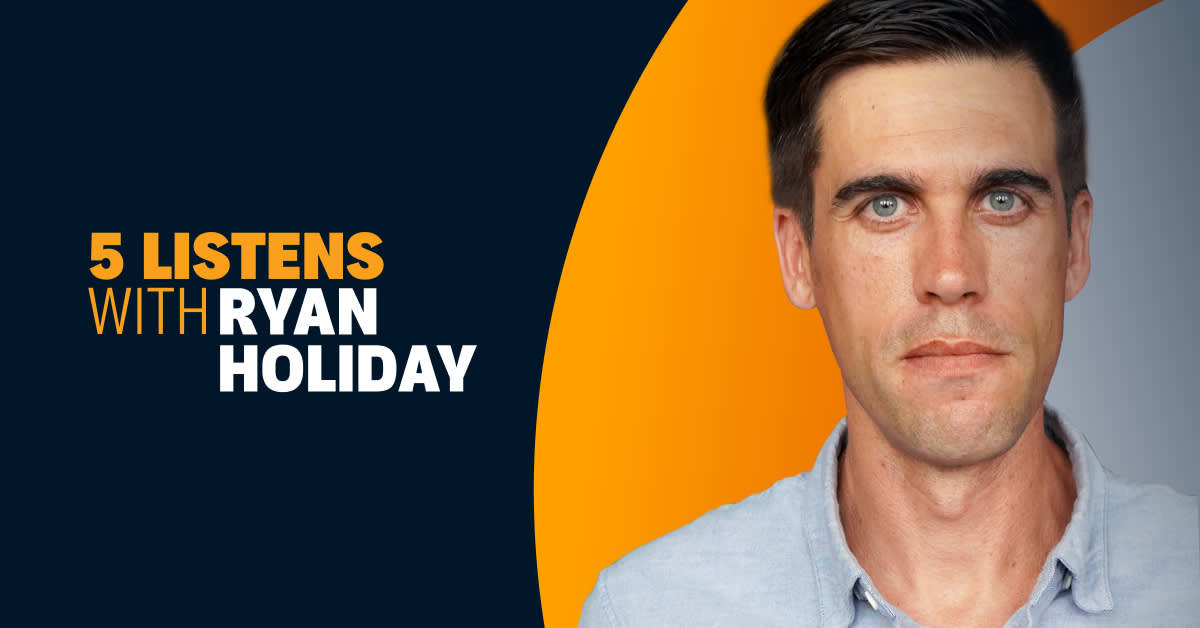The self-development genre is all about helping you improve in some way, whether it's leveling up your career or relationships, being smarter with money, harnessing your confidence or motivation, or finding a way through grief and trauma. But what if you could get better at improvement itself? That's the subject of Adam Grant's new listen Hidden Potential, a fascinating deep dive into the latest research on how humans learn best and the surprising strategies we can use to become our best selves, faster.
Narrated by the author and enhanced by a full cast of contributors and audio clips, the impressive production underscores both the accessibility and ambition of Hidden Potential. We checked in with the bestselling author and Wharton organizational psychologist for his thoughts on how and why his new audiobook can help listeners succeed.
Rachael Xerri: Who is Hidden Potential for? What do they stand to gain by listening?
Adam Grant: Anyone who’s ever felt underqualified or overlooked. I hope it will make you think about how to improve at improving—and make you laugh too.
What do you hope leaders and managers take away from Hidden Potential about how they evaluate employees?
Stop gauging future potential based on past experience and past performance. Start focusing on the motivation, ability, and opportunity to learn.
Hidden Potential provides a new framework for raising aspirations. What are a few steps that individuals can take to elevate their own aspirations and set themselves on a path of continuous growth and improvement?
One: Surround yourself with coaches not cheerleaders and critics. Whereas cheerleaders celebrate your best self and critics attack your worst self, coaches help you become a better version of yourself.
Two: Don’t wait until you feel confident to pursue challenging goals. Build your confidence through pursuing challenging goals.
Three: Assess your character skills. I created a free quiz to help you identify a strength and an area for growth. You can take it here.
Hidden Potential also explores the idea that how well we learn is more important than how hard we work when it comes to progress. Can you share an example of this concept in practice?
Julius Yego taught himself to throw the javelin and went on to win an Olympic medal. His major turning point didn’t come from working harder. It came from improving his technique. He went to an internet café in Kenya and studied clips on YouTube.
Do you have a favorite listen of 2023 to recommend and why?
King: A Life by Jonathan Eig. It’s full of revelations about the civil rights icon, and it’s a powerful reminder that even our greatest heroes are human.
